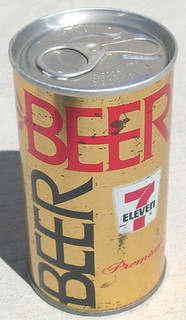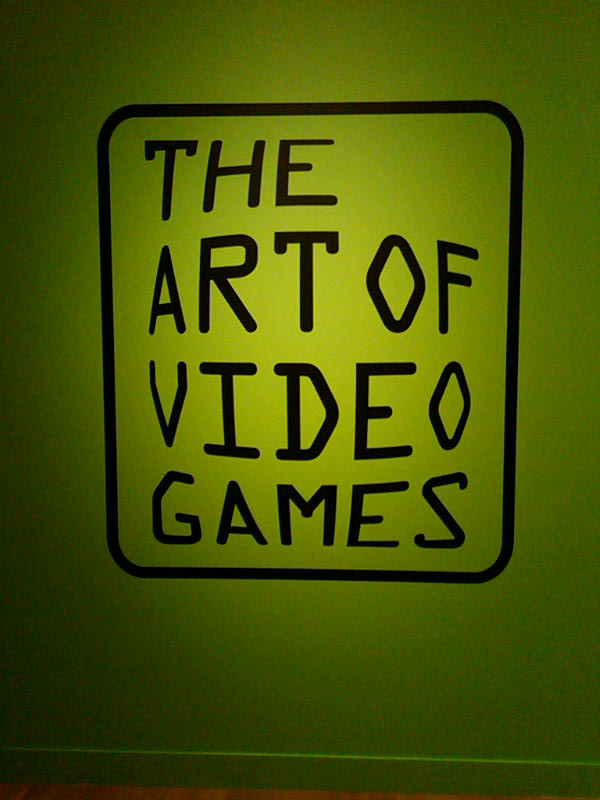Off Topic: The acceptance of perfect things
Simple question for a Friday - can something, (or someone, or some abstraction like a process or project), be perfect?
I'm not thinking necessarily about some universal or arbitrary definition of perfection, but more situational and personal. Can something be perfect for you?
Take a look at this piece from Gizmodo - 'This Bowl Will Always Be Exactly the Size You Need it to Be', about a novel kind of bowl called the Stretchy Bowl, (image below) designed to be flexible and adaptable to the level and number of items placed in the bowl.

From the Gizmodo piece:
The Stretchy Bowl is the easy-to-store fruit basin that never wants to disappoint. Composed of a white metal base (which requires minimal assembly) and a matching metal hoop wrapped in a layer of breathable, elastic fabric, this bowl is always the right size to accomodate your haul of produce.As you add more fruit to stretchy fabric disk, the bowl deepens.
That's pretty cool, right? A bowl that's not just flexible and adaptable, but always exactly the size you need to be.
Seems kind of impossible though, I mean, always exactly the right size?
Could the bowl hold ten oranges, twenty, two hundred? And still be exactly the size you need?
Of course the commenters on the Gizmodo piece are doing the usual - taking apart the idea as not really as described and advertised, bringing up the standard arguments about mass, size, and the pesky laws of physics that make the Stretchy Bowl not really always exactly the size you need it to be.
And while that is the expected and rational reaction - no container can physically be that adaptable, it also kind of disappointing.
Why can't most of us accept that the bowl could be always the right size?
Why do we have to find the flaw, the failing, the imperfection that makes the claims null and void?
Why can't we (usually) accept that there might be perfect things?
Have a Great Weekend!

 Steve
Steve




